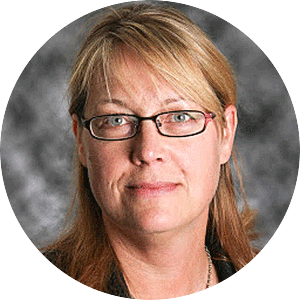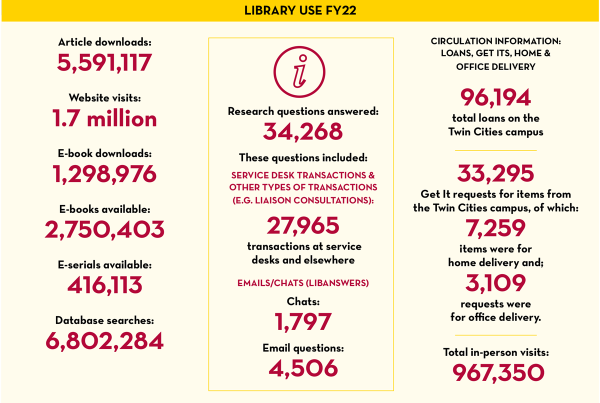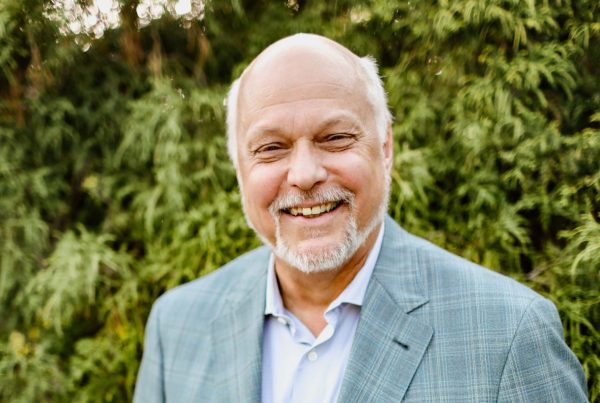In celebration of Open Access Week and in light of the 2022 theme, “Open for Climate Justice”, we are excited to share a series of interviews with UMN faculty who work at the intersection of climate and justice and make their work open access. Kathy Draeger is Statewide Director for the U of M Regional Sustainable Development Partnerships and adjunct professor of Agronomy and Plant Genetics. She oversees statewide programming in sustainable development, including clean energy and sustainable ag and food systems.
The theme for Open Access week is “open for climate justice”. Could you speak briefly to how your research directly or indirectly involves climate justice? Or if it’s a stretch, would climate justice advocates be able to make evidence-based decisions based on your research?
To me, climate justice is a broad umbrella that applies to many marginalized groups and systems. The research I do relates to food supply chains, creating efficient local and regional food distribution systems, and focuses on existing assets on the landscape in order to reduce climate impacts by first seeing and acknowledging those assets and then striving to understand how we can both strengthen and draw upon those assets.
Let me give you an example. We conduct research and do outreach to rural grocery stores, which are largely small town independent stores in communities under 2,500. When COVID hit, we immediately began receiving calls from stores with urgent needs for personal protective supplies (hand sanitizer), information about what they could substitute for sterilizing their stores, and how they could conduct business during the move towards shutting down. We developed a fact sheet for grocers in less than two weeks of the governor’s emergency declaration in March 2020. We both loaded it immediately onto the University Digital Conservancy (UDC) and sent hard copies to all 250 small town grocery stores in Minnesota. You can still see the Tips for Small Town Stores: Curbside Pickup and Delivery Model at the UDC.
You might ask yourself how having small town stores pivot in the face of a disruption, like a pandemic, is either justice- or climate-related. In terms of justice, these small, independent stores do not have the resources that allow them to compete online with big box stores nor have access to the associations that advocate for larger retailers. At the same time they serve as important front line access to the broad array of healthy foods needed for small, remote and underserved communities. Having these grocery ‘assets’ in place throughout Minnesota, provides resilience and diversity in the food supply chain. It was critical that these grocers had the resources to keep their doors open. Further, by keeping these stores open, there is less need for transportation to more distant regional centers. A win-win-win for consumers, Main Streets, the environment, and food supply.
What experience(s) led you to submitting your publications to the University Digital Conservancy?
The University Digital Conservancy is the University of Minnesota Regional Sustainable Development Partnerships’ (U of M RSDP’s) front line repository for our work with communities, students, faculty, and staff. We publish nearly all of our fact sheets, white papers, graduate student research findings, and our research publications in the UDC. As a part of U of M Extension, we are a community-engaged unit and our audience is often community members. U of M RSDPs depend upon UDC and Open Access to fulfill our mission to advance sustainable development through community-University partnerships. We are grateful for the security and the platform offered by the University of Minnesota Libraries in helping us reach out to all Minnesotans and beyond.
What would you tell other researchers to encourage them to publish OA?
The UDC is an excellent place for applied research and outreach information and materials to be published. Make sure you understand the parameters—for example, once published it stays published! We have found the UDC invaluable to our work, providing public access to our research, fact sheets, and graduate student project reports. Having the security of stable URLs in perpetuity is an amazing asset that we have as faculty and staff at the University of Minnesota. The U of M RSDP depend upon the UDC as a pillar in our communications and outreach efforts.
Have you been contacted by someone who read your article and wanted to collaborate?
I have absolutely been contacted by people reading a UDC article and wanting to collaborate. Another example from COVID was our effort to produce a 14-Day Meal Kit that could be put together at rural grocery stores and used in the community if someone was exposed to or contracted COVID. In mid-March 2020, we published the COVID-19/Emergency 14-Day Meal Kit for Rural Grocery Stores and before the end of March we had over 3,600 downloads from around the world. The publication on UDC led to contact by the media and the Meal Kit was featured on a variety of news platforms and I was contacted by other universities and even community groups to use the Meal Kit. I was happy to collaborate with a nonprofit that translated the kit for people with vegan diets. To date, that publication has been downloaded over 10,500 times.





